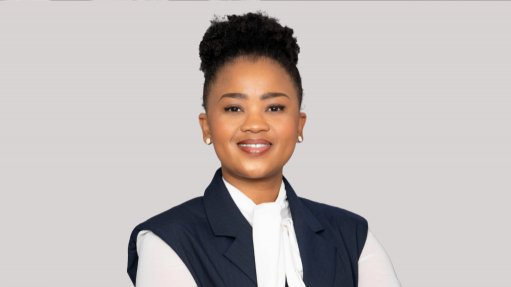
EWSETA CEO Mpho Mookapele
All four Eskom coal-fired power stations that are currently maintaining electricity availability factors (EAF) of more than 75% are headed by women. This was highlighted by Eskom group executive: human resources Elsie Pule on Thursday. She was participating in a panel discussion at the Women in Energy breakfast at the Enlit Africa 2024 conference, at the Cape Town International Convention Centre. Every time a woman took over a power station, she affirmed, the EAF shot up.
Eskom, a decade ago, created a Women Advancement Programme. Over ten years, this has resulted in the proportion of women senior executives in the State-owned national electricity utility increasing from 29% to 42%. The same progamme has reduced the gender salary differential to 6%.
“The journey of women empowerment – a lot has been done,” she affirmed. “But a lot remains to be done. Unconscious bias – it happens all the time.”
Currently the utility has a programme to develop women executives, both senior executives and future executives. This involves 100 women.
She highlighted the support received from “great male sponsors, great male mentors”. But, she added, “we’ve got to do it for ourselves”.
“We need to identify opportunities that will make change stick!” she stated. What was needed, in the energy sector in general, was for women to be in senior management positions and to assert themselves.
Women’s impact in decision-making was really dependent on their confidence, stressed Energy and Water Sector Education and Training Authority (EWSETA) CEO Mpho Mookapele, who participated in the same panel discussion. So, the authority had developed an executive training programme for women, to give them the confidence to make an impact in high-level management, including on company boards.
In the sector in general, while the number of women in junior management positions was increasing, there were still few in high management positions, she observed. And a significant pay disparity remained between men and women.
Also, although men and boys were not ignored, the EWSETA offered a significant number of bursaries to young girls. In its programmes to empower girls and women, the authority partnered with the UN Development Programme and US government agency Power Africa, she noted.
She pointed out that a lot of young women graduates from technical vocational education and training colleges were unemployed. The EWSETA was working to see how it could support them, either helping them find jobs, or to set up their own businesses.